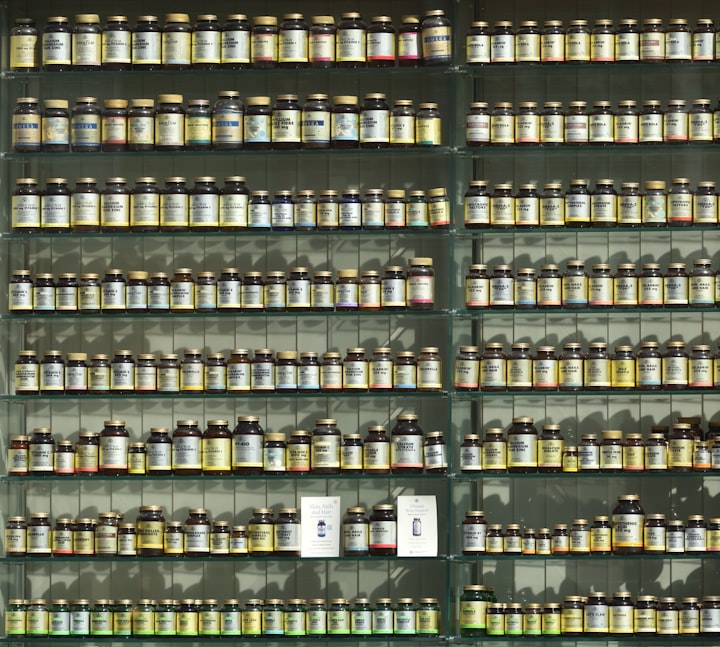The Sneaky Ingredient in Weight Loss Supplements
Time for the truth to come out!

You’ve probably seen the ads (and rolled your eyes as hard as I did) - Hydroxycut, SlimCoffee, Svetol, etc. It’s on TV, it’s in magazines, it’s on Instagram. All touting weight loss with this secret ingredient:
C. canephora robusta.
It sounds super scientific, and with a name that big it must be well-researched right?
Meh. Let’s break it down.
Coffea canephora, is a coffee plant with two main varieties, one of them being robusta and the other nganda. It’s also known in simpler terms as green coffee bean. The robusta variety has a greater crop yield than the more popular arabica (the one we drink in our morning brew), and contains more caffeine - 2.7% compared to arabica’s 1.5%.
Robusta also contains less natural sugars, with approximately 3-7% compared to arabica’s 6-9%; this isn’t necessarily the white sugar you’re thinking of, but likely more of the starches similar to that in fruit.
Essentially, C. canephora robusta is coffee. And therefore, is a coffee/caffeine supplement.
Here’s where the fun begins - finding the research to support its use. A systematic review and meta-analysis of randomized clinical trials using green coffee extract (GCE) published in 2010/2011 was only able to find THREE studies that used the designated study population. In total, this provided 142 participants. That’s all. There was a statistically significant difference in body weight after use, but body fat changes were not measured among participants, and the studies were all so different it was hard to make solid conclusions.
The studies didn’t provide any information on how they randomized participants, if the researchers were blinded, if the PARTICIPANTS were blinded, or if follow-up between groups was similar. The doses of GCE weren’t even the same between the studies.
None of the studies even mentioned adverse effects of GCE use, even though there were a couple drop-outs from the study due to “adverse effects”.
The best and worst part of the studies is that they were all funded by companies that sell supplements containing GCE. Of COURSE the results would look good, otherwise the product wouldn’t sell. I’d also like to point out here that the company completing the systematic review was a pharmaceutical company, GlaxoSmithKline or GSK - this makes me just a bit cautious, however the fact that the company was looking for more information on this supplement tells me they either a) want to profit off of it if possible and/or b) they don’t believe the garbage out there and need to see for themselves.
The thing about coffee supplements of any sort is they provide energy. That’s why folx drink coffee - to perk up in the morning. When added to a supplement, you can imagine it provides additional energy similar to adding another cup of coffee mid-afternoon. C. canephora robusta just happens to have a bit more caffeine.
When we have more energy, we are much more likely to feel ready to engage in physical activity, we may have more time and efficiency in planning balanced meals and our mood is generally higher. When we eat well, move often and prioritize mental health, you can imagine that we sleep better and feel better overall. For some folx, weight shifts down - more as a result of changed behaviours, not the use of a coffee supplement.
Besides, doing all of the above healthy behaviours have REAL science to support them in lengthening life, improving quality of life, and reducing the risk of chronic disease like diabetes and heart disease. And there’s lots of ways to improve energy levels without drinking some weird caffeine potion thing - I prefer to enjoy my cuppa Joe without the jitters!
If you’ve used supplements, products or patches like these in the past, you’re not a bad person. You don’t deserve to be shamed because you were tricked into using something not backed by science. The ones who should be blamed are the people profiting off misinformation and fear about our bodies.
Let’s drink coffee because we enjoy it, and live appropriately caffeinated!
About the Creator
Emily the Period RD
I help people with periods navigate menstrual health education & wellness with a healthy serving of sass (and not an ounce of nutrition pseudoscience).






Comments
There are no comments for this story
Be the first to respond and start the conversation.